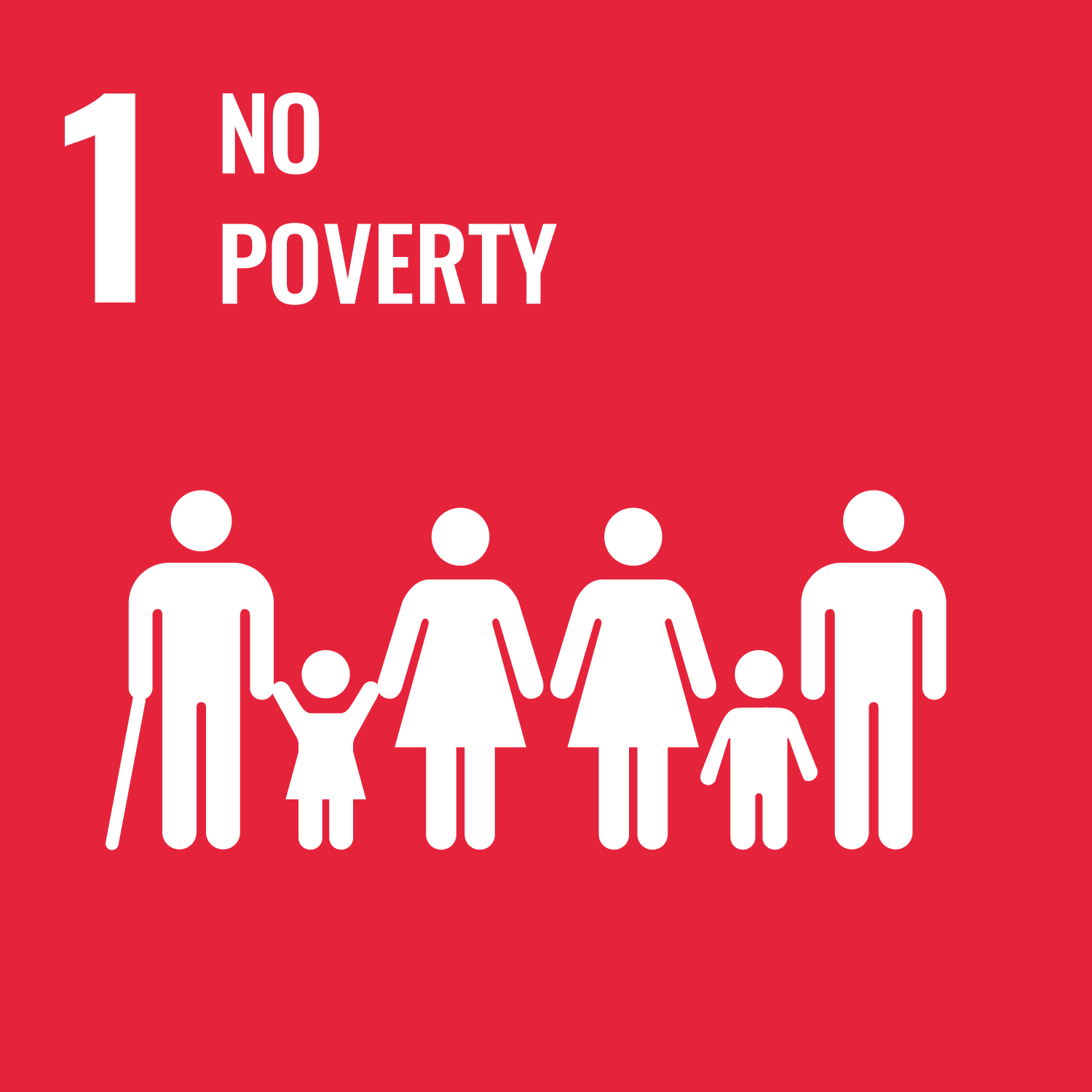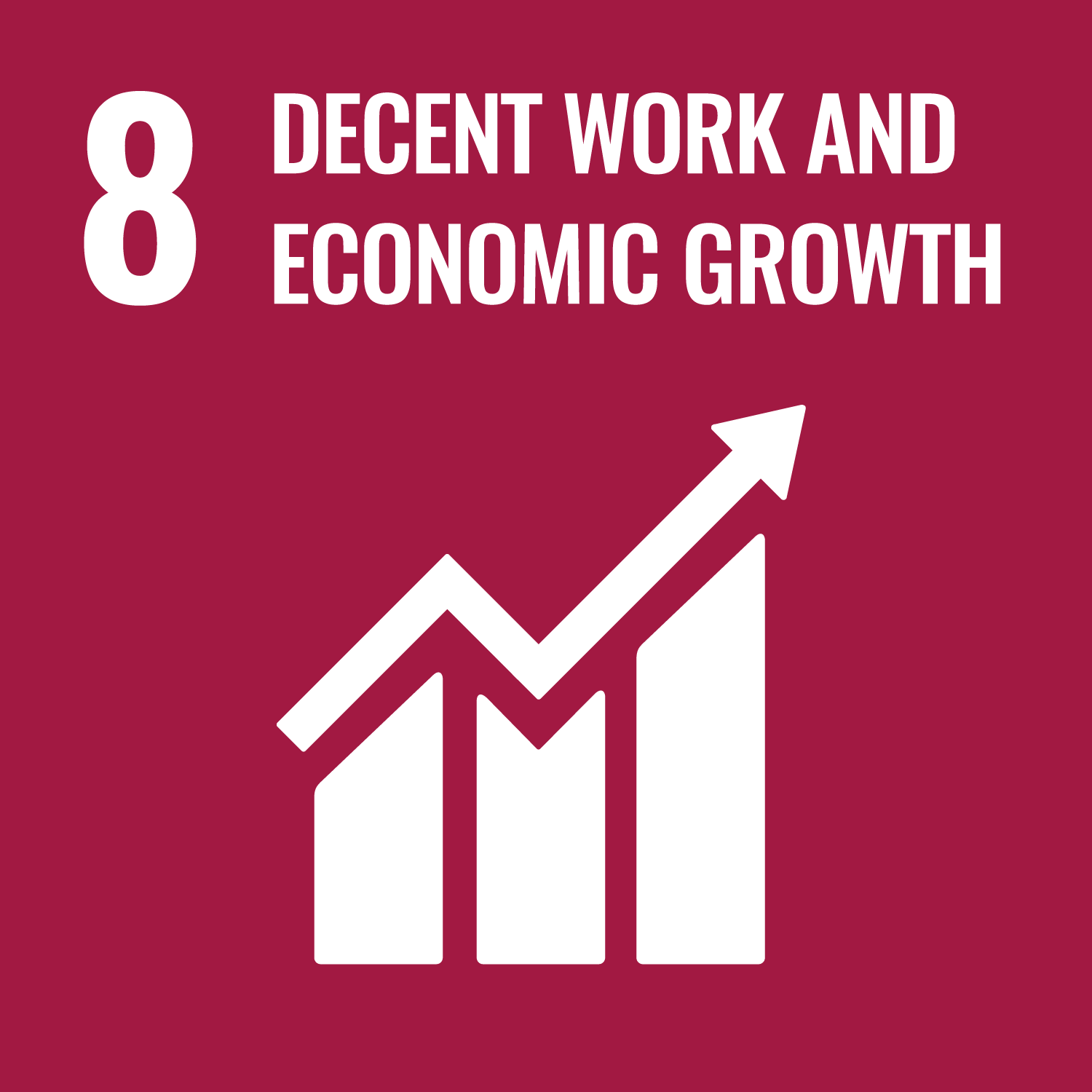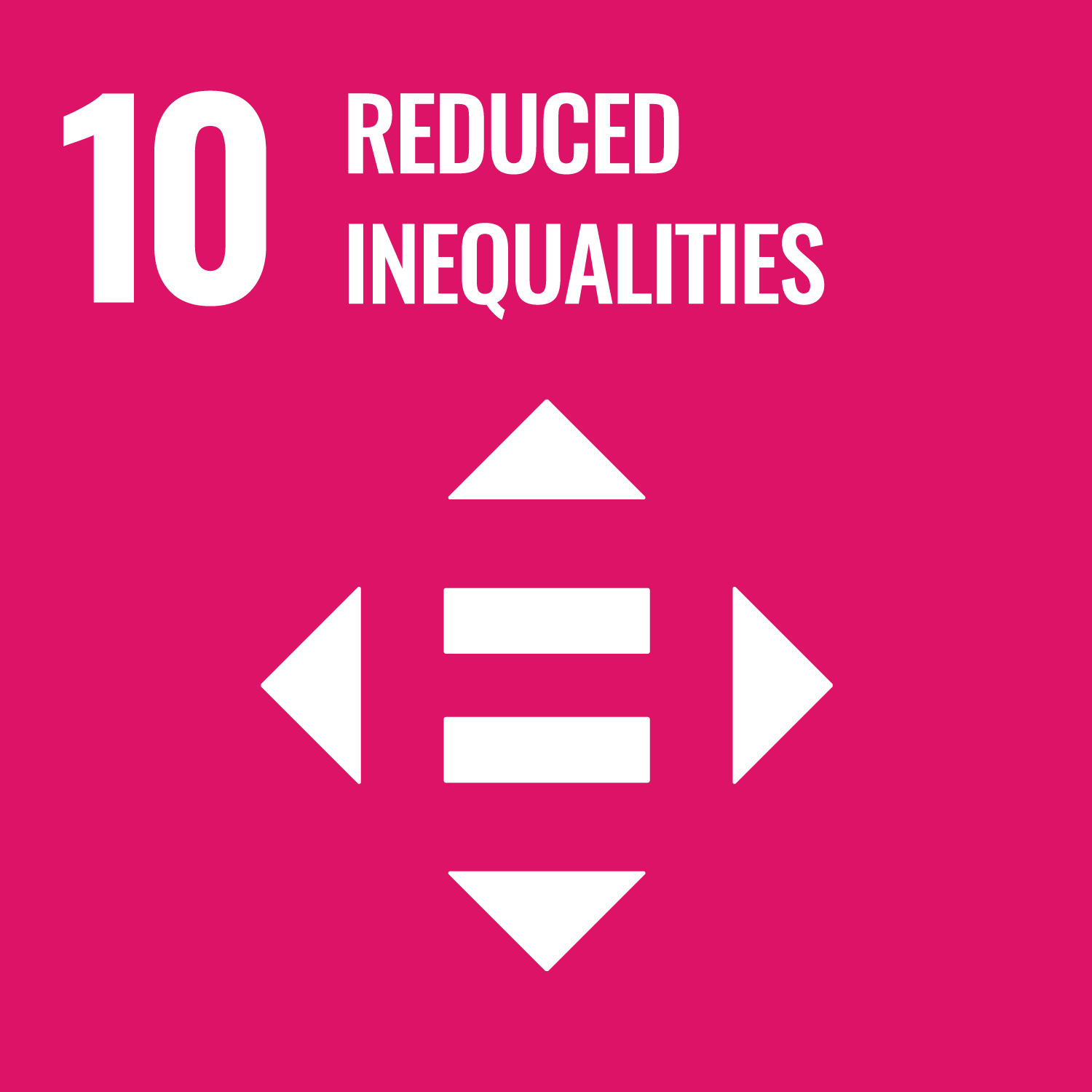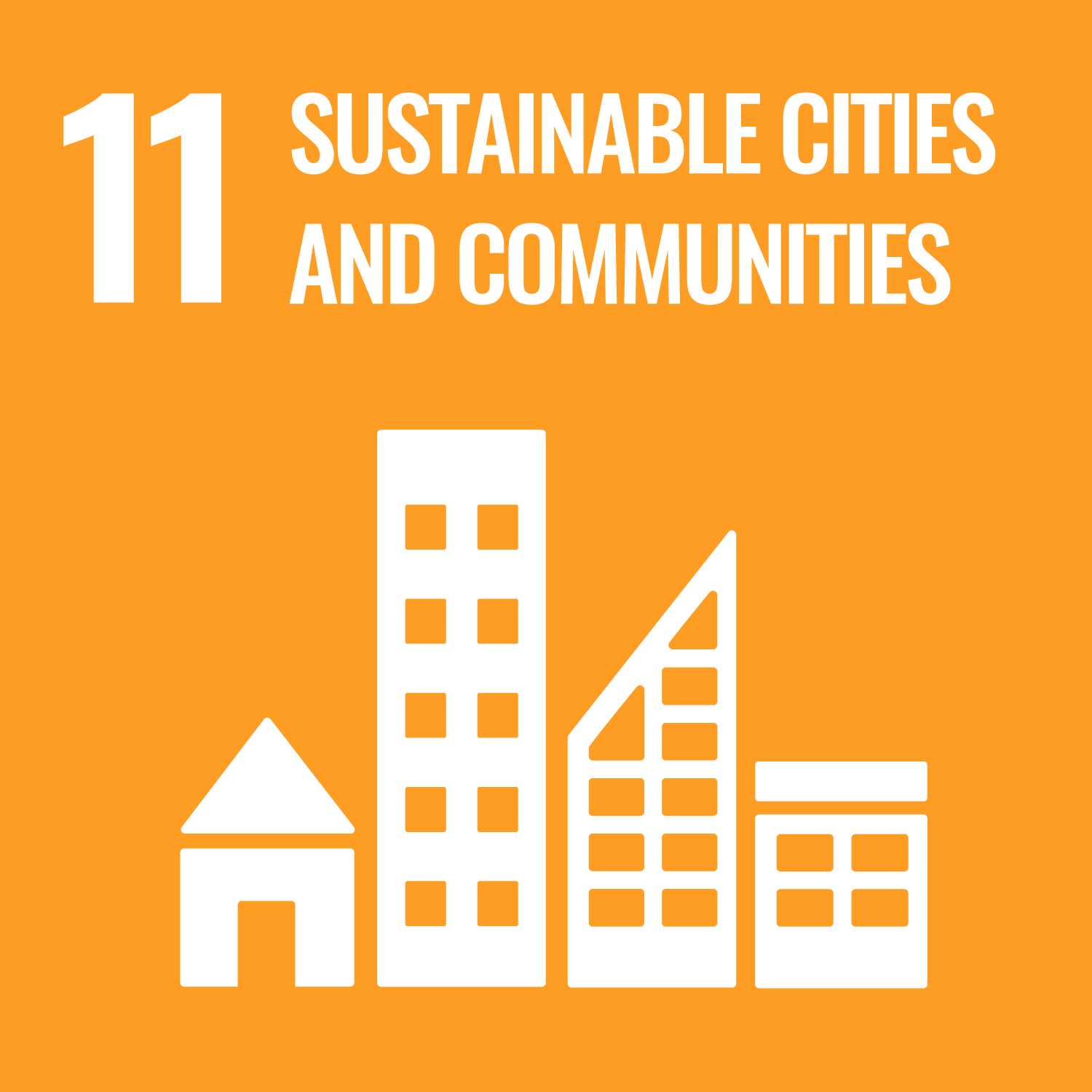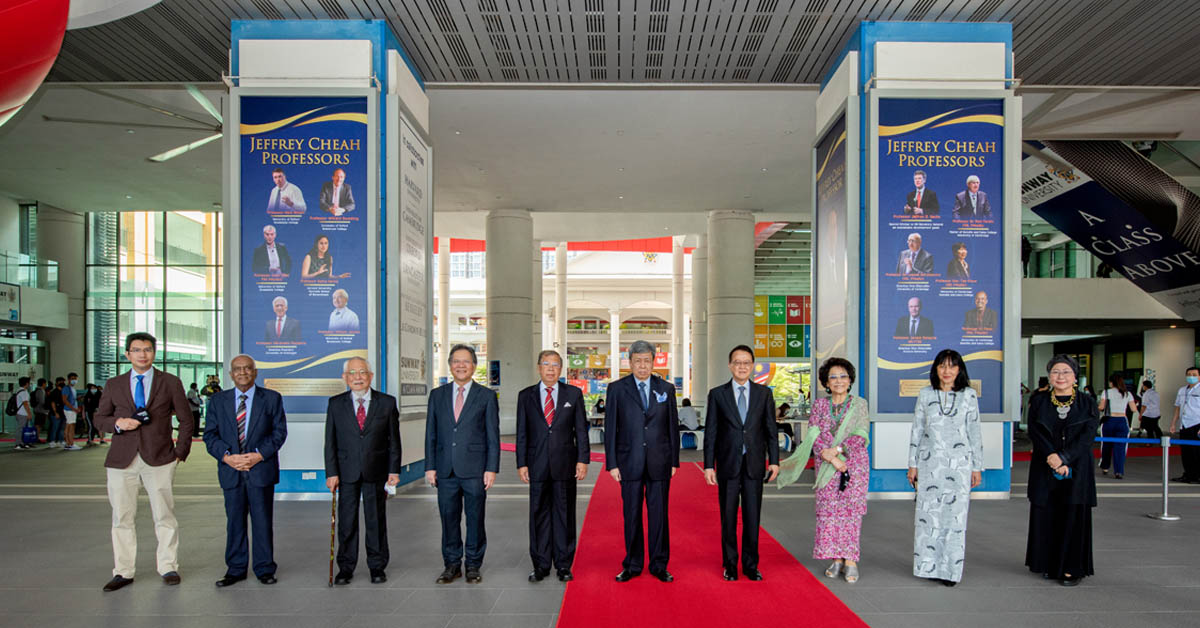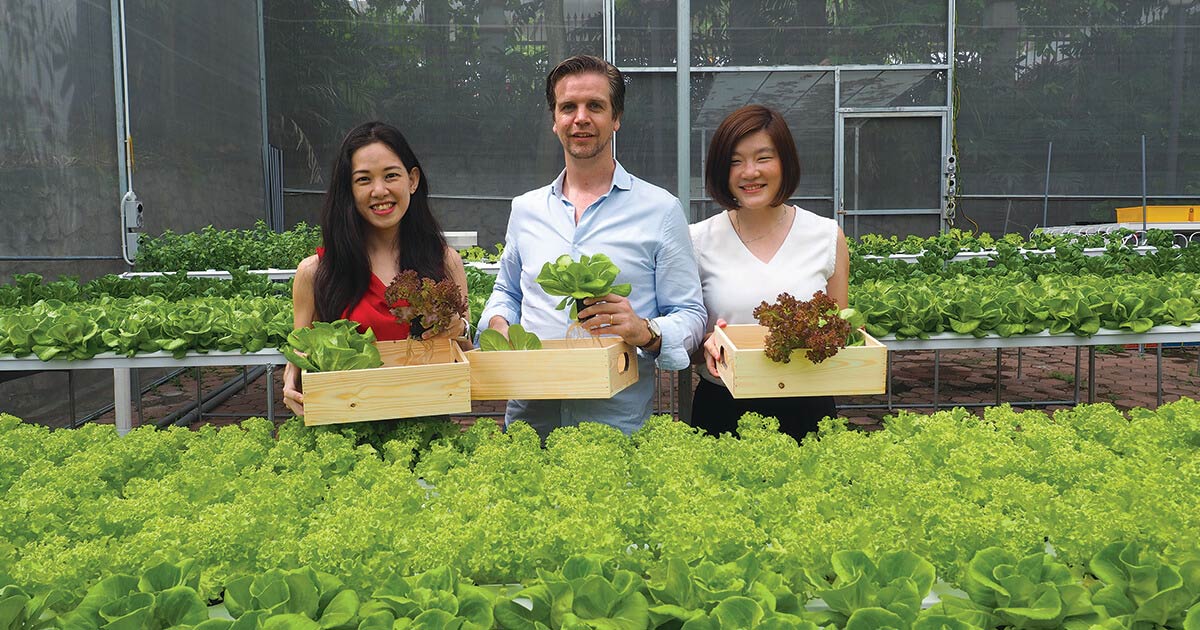What’s Up with Malaysia’s Cost of Living?
If you’ve been paying attention to your monthly grocery receipts or the total bill at your favourite restaurants – you may have noticed the price increase!
Inflation in Malaysia has increased by 3.4% compared to June 2021 with the highest recorded in Food & Non-Alcoholic Beverages (6.1%) and Transport (5.4%) categories. The new ceiling price adjustment and loss of subsidies for food items as of July 1 are expected to further raise consumer prices.
One-off monetary assistance for B40 households and singles was distributed to provide temporary relief but it lacks the sustainability needed for citizens to truly manage and overcome the costs of inflation.

Dealing with the impacts of inflation starts with understanding how it translates to our day-to-day lives, contributing factors and personal lifestyle changes we have to make as Malaysians.
What does price hikes look like in Malaysia?
Malaysians on the hunt for property will notice the rising house prices fuelled by increased cost of building materials, labour shortages and economic instability.
“We have already experienced profound house price increases that averaged 9.4% annually between 2011 and 2017. However, house price increases have eased to 2.0% per annum between 2018 and 2021. As economic recovery gathers momentum in 2022 and beyond, house prices are expected to firm up. Key factors supporting the expected upward house price trajectory include rising inflation in general and specific to the housing industry – mounting labour, land and building material costs. Housing affordability will therefore continue to be a big issue as income increases are insufficient to close the large house price-income gap that had widened since 2011. The catch-up will be even slower if current house prices pick up strongly on the back of sustained expansion of the economy,” says Professor Yeah Kim Leng, Sunway University Professor of Economics and Economic Studies Programme Director at the Jeffrey Cheah Institute on Southeast Asia.
On the other hand, inflation has already presented itself through the price hikes of basic food items such as chicken prices which were RM8.55/kg in 2021, compared to RM10.02/kg in June this year.
Utusan Malaysia reported that prices are estimated to increase by 50-60%, also as a result of the recent minimum wage increase in the country from RM 1,200 to RM 1,500.
Why are price hikes happening now?
Almost all goods and services can experience inflation. Once inflation is pervasive across an economy, both consumers and companies share a common fear about the possibility of future and ongoing inflation.
Rising costs across Malaysia can be mainly attributed to the following two reasons:
- Supply chain disruptions: Worldwide bottlenecks for products of various industries have built up – severely limiting the ability of supply networks to make deliveries on time. Additionally, the supply chains are finding it impossible to increase capacity due to the significant global shortages of drivers and other labour. As a result, there are fewer products available, which reduces competition and raises prices.
- Russo-Ukraine war: The costs of production inputs have changed permanently due to the war; which saw the supply chain disrupted on goods like wheat and fertilizer.
What can Malaysians do to manage the rising cost of living?
1. Revisit budgets and repayments
It is a good idea to review your budget and find places where you can make savings. The simplest things to give up are services or products you can do without, such as eating out or streaming services.
Beyond that (or if having large expenses like mortgage loans), consider going the extra mile and refinancing your payments. Mortgage loans can be refinanced when you understand your income and credit score, compare that to your current interest rate after that and choose the type of refinancing loan best suited to reduce your financial burden.
2. Diagnose “miscellaneous fees” and minimise them
From bank accounts to prepaid debit cards to credit cards, almost every financial product has fees. While some fees cannot be avoided, you can reduce your expenditure on others. For instance, credit cards might have hidden costs, such as:
- Annual fees
- Cash advance fees
- Foreign transaction fees
- Late fees
Pay close attention to the small print in your user agreement, the amount you’re charging to your card, and the due dates for your bills to avoid these.
3. Maximise earning potential
While the average national wage may rise, Professor Yeah pointed that many employees especially those in industries that have not fully recovered from the pandemic-related downturn, may not be experiencing pay increases. “Given the current rising inflation trend, many Malaysians may not be able to cope with higher living costs because their wages are unable to keep up with the price increases” he elaborated.
Temporary employment might also benefit workers in inflationary times. Increasing or pursuing gig employment, including those through platforms abroad that pay in foreign currencies might help generate extra income when household budgets are tight. In 2021, 30% of Malaysia’s labour force (estimated 5 million people) were employed in the gig economy, and this percentage is rising.
Sunway’s promise to prospective homebuyers
To help reduce the barrier for Malaysians to become homeowners, Sunway Property introduced “Always with You 2021” at the end of 2021 on selected properties. Apart from Free Memorandum of Transfer (MOT) and Stamp Duty, the campaign also offers an interest-free flexi-instalment of up to 12 months and a voluntary exit plan that helps minimise the risks for homeowners especially in the current volatile market.
Extending a helping hand to the needy through education and food

Sunway Education Group (SEG), also provides need-based scholarships to deserving students through Jeffrey Cheah Foundation and promotes financial literacy education among students to do its part to provide access to high-quality education and to create financial awareness among students to help them cope with the rising cost of living.
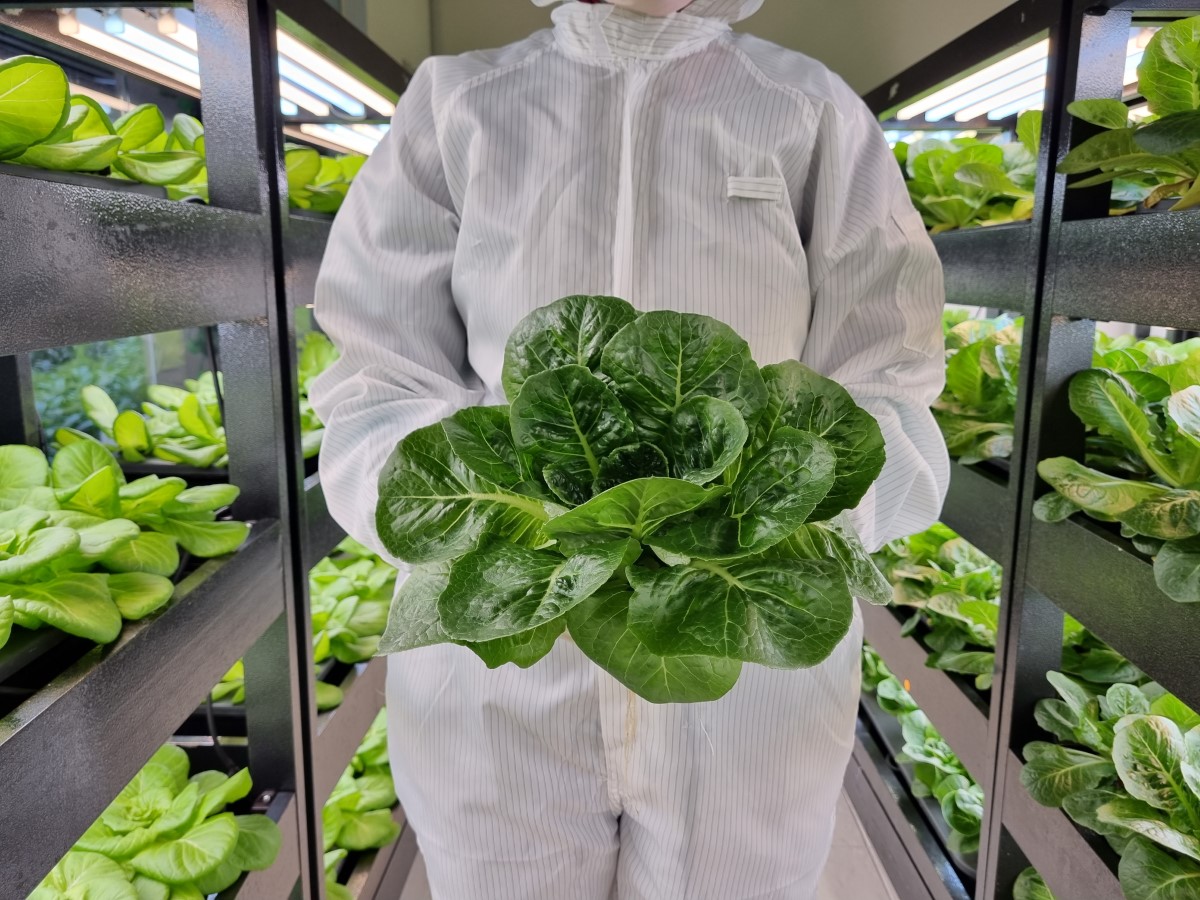
Apart from that, Sunway XFarms is working closely with food banks and soup kitchens to donate a portion of fresh vegetables from their farm yield to the needy which consist B40 communities, urban poor and refugees in an initiative to make nutritious and safe food accessible to all tiers of society.











